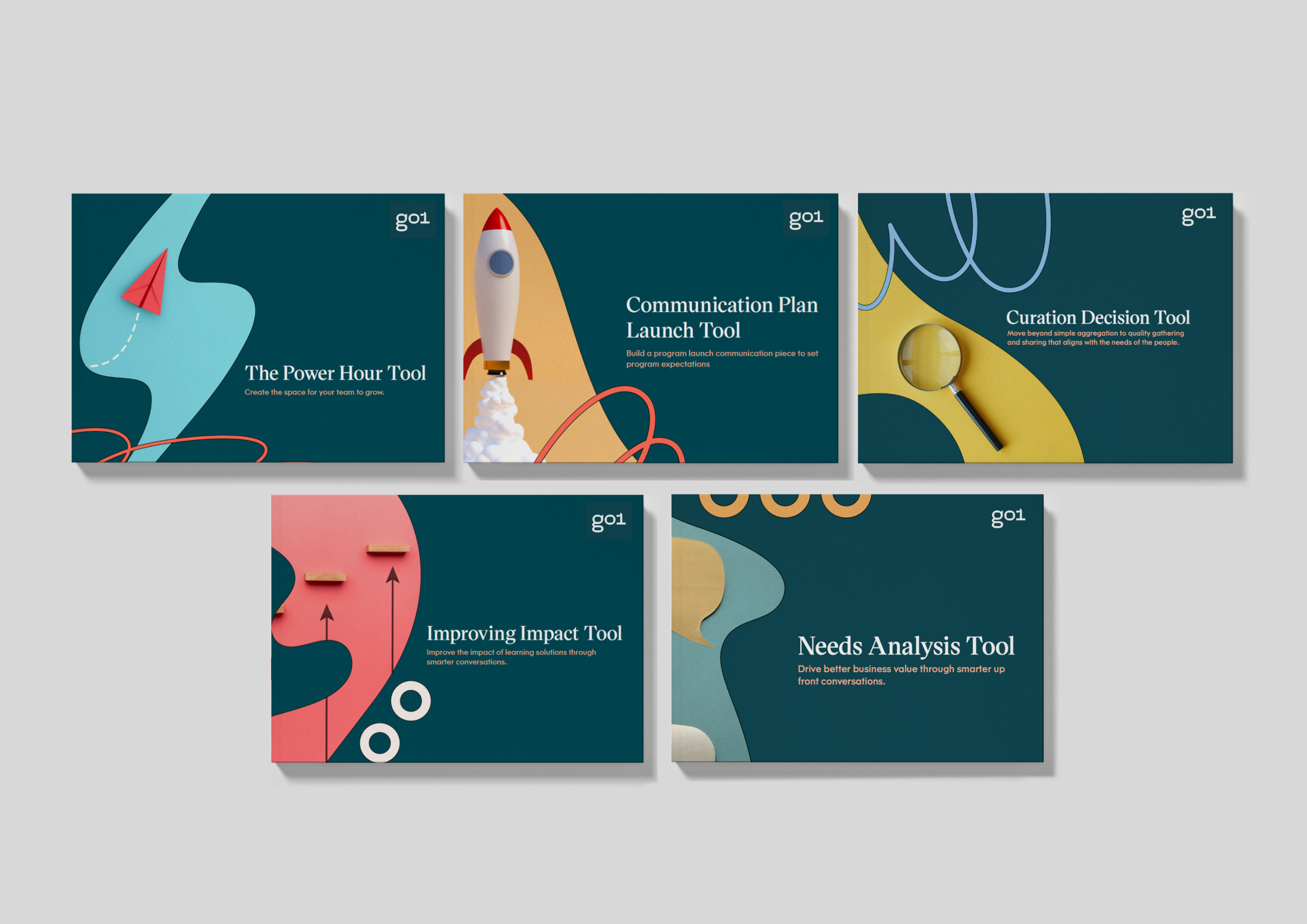
For any person or business to succeed in today’s society, there has to be a willingness to change. When looking at the combination of a tightening labor market and the ever-changing need for new and more advanced talent, it is easy to understand why gaps in skills are on the rise. For businesses to stay ahead of the fierce competition, fill critical positions, and maintain their most talented employees, they recognize that they are facing an uphill battle.

One way to overcome these challenges involves leaders taking advantage of opportunities for both employee achievement and growth. This is the point where eLearning comes into play. LinkedIn, a website dedicated to helping leaders in the workforce connect, conducted a study that revealed some fascinating results.
- 49 percent of workers prefer to learn when the need arises
- 58 percent of workers prefer opportunities to work at a pace that fits their schedule
- 68 percent of workers prefer to learn while at or as part of work
Business leaders have a vital role in designing and developing strategies that will shape the workplace, while at the same time, delivering extremely relevant content that supports the needs of today’s employees. What does that mean? Leaders need to understand the value of building trusted relationships with workers. The best way to accomplish that is by offering online training courses so they can help employees prepare for the constant changes within the work environment.
In other words, today’s leaders need to become talent developers. In addition to hiring highly skilled employees, companies need ways to enhance the capabilities of the leadership team, which in turn, advances workers in their respective roles. To work in the role of a talent developer, leaders need to focus on several specific areas, including the following.
Automation
Soft skill automation is growing at a fast pace. Because of that, talent developers need to make this their No. 1 focus. With online training, employees become more skilled at problem-solving, communication, adaptability, and leadership. Maintaining technical fluency accomplishes two goals: it empowers workers who then feel more motivated on the job, and it supports business growth.
Hard skills
Although talent developers spend more time on soft skill automation, that does not mean they should ignore hard skills. For this, it is essential for leaders to identify the hard skills most in demand for their company and industry, followed by selecting online training courses accordingly.
Balance
Online training makes a dramatic difference in how employees balance the challenges they currently face with exciting opportunities in the future. Unfortunately, some talent developers focus solely on skills required today as a way of preventing future skill gaps. However, it is just as important for them to identify industry trends that will affect the future. By combining the two, talent developers can devise a more effective strategy to prevent skill gaps in the workplace.
Digital learning
As the need for multi-generational and diverse employees increases, talent developers also need to provide employees with more eLearning opportunities. Remember the statistics provided by LinkedIn? Because a high number of workers want to work at a pace they feel comfortable with and learn when the need arises, utilizing online training courses proves to be a crucial part of the overall strategy.
According to the Association for Talent Development, of today’s companies, as much as 90 percent rely on online training courses. Because of that, eLearning has grown by leaps and bounds, making it possible for talent developers to offer what employees want and need.
Training while on the clock
Another interesting study found that if an employer offered online training, as many as 94 percent of the workers would stay loyal to the company for a long time. However, when you factor in the other statistic that 68 percent of workers prefer to learn while at or as part of work, it becomes evident that talent developers need to create programs and set time aside to allow that to happen.
Especially with multiple responsibilities at work and home, people have little time to attend school. Online training solves this problem. Not only does eLearning allow employees to become better in the jobs they currently do, but it prepares them for future opportunities within the company. For the employer, that equates to holding onto incredible skill instead of employees leaving for better jobs.
Turning your leadership team to qualified talent developers is one of the best decisions you can make for your employees and your business. Regardless of the size of your company or its industry, competition today is at an all-time high. That means if you want to hold onto talent and see growth, you have to have people onboard dedicated to making that happen.
Measuring success
Measuring the success of your talent and your employees’ response to and interaction with eLearning is a valuable tool. Just as you use analytics to determine both strong and weak areas of your company’s website, you need to do the same with online learning.
As part of this, you want to measure the retention of information provided through eLearning, as well as employee turnover. Using the data gathered, you can determine if the current program works or if it needs modifying. If the retention rate is down and turnover up, it might come down to choosing different courses and adjusting the schedule for employees to complete them.
The role of talent developers
You need to set several goals for the talent developers in your organization. They need to create and develop a strategic learning program, one that motivates employees and helps the business grow. They should use eLearning as a way of finding incredibly skilled new hires while at the same time, keeping the talent already employed. Talent developers should also identify industry trends, allowing them to get ahead of the curve instead of behind it.
Online training
The great thing about eLearning is that not only does it give you a stronger employee base that consists of individuals capable of meeting demand, but it is also an excellent tool for your talent developers. With an abundance of courses available, both company executives and lower level workers benefit. It all comes down to selecting the right courses.
Keep in mind that eLearning is not a one-time deal but a consistent offering to every level of your organization. For talent developers, ongoing training becomes even more critical. In addition to getting workers motivated and qualified, your top leadership team can use eLearning to keep themselves focused and result-driven.





